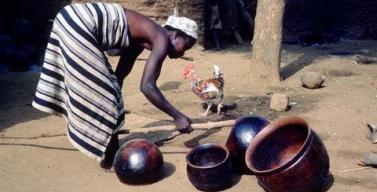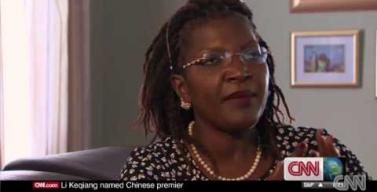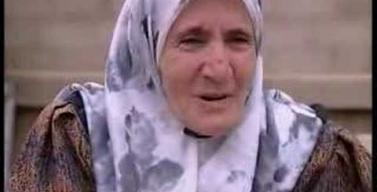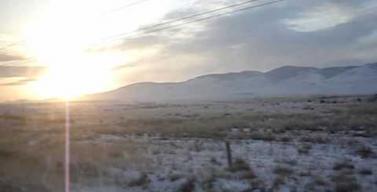This video demonstrates the five major techniques used by potters in Burkina Faso, Ghana, and Nigeria. The techniques include concave mold, convex mold, coiling, direct pull,...
NAMIBIA GENOCIDE AND THE SECOND REICH
2004 BBC Namibia - Genocide and The Second Reich documentary commemorating 100 years since the Herero and Nama genocide.
BBC Document 2004 - A hundred years ago, three quarters of the Herero people of the German colony of Namibia were killed, many in concentration camps.
Today, the descendants of the survivors are seeking reparations from the German government. This film tells for the first time this forgotten story and its links to German racial theories.
Herero and Namaqua Genocide was a campaign of racial extermination and collective punishment that the government of German South-West Africa (modern-day Namibia) undertook against the Herero and Nama people. It is considered to have been the first genocide of the 20th century. It took place between 1904 and 1907 during the Herero Wars.
On 12 January 1904, the Herero people, led by Samuel Maharero, rebelled against German colonial rule. In August, German general Lothar von Trotha defeated the Herero in the Battle of Waterberg and drove them into the desert of Omaheke, where most of them died of thirst. In October, the Nama people also rebelled against the Germans only to suffer a similar fate.
In total, 24,000–100,000 Herero and 10,000 Nama died. The genocide was characterised by widespread death from starvation and thirst because the Herero who fled the violence were prevented from leaving the Namib Desert. Some sources also claim that the German colonial army systematically poisoned desert wells.
In 1985, the United Nations' Whitaker Report classified the aftermath as an attempt to exterminate the Herero and Nama peoples of South-West Africa, and therefore one of the earliest attempts at genocide in the 20th century. In 2004 the German government recognised and apologised for the events, but has ruled out financial compensation for the victims' descendants. (Wikipedia info)
Producer and Director: David Adetayo Olusoga
Broadcaster: BBC Bristol
Date: 2005
David Olusoga's BBC page: http://www.bbc.co.uk/programmes/profiles/2pT94YQjVvGlLJpdYDrMn6t/david-o...
Related Podcasts
|
|
As the head of the Malawian chapter of Women in Law in Southern Africa (WLSA), White is at the forefront of the battle against inequality, traveling around the country to promote education and to... |
|
After half a century in exile, the forgotten Palestinians in Lebanon are forced to struggle through each day in appauling conditions. It's a cynical move to ensure the refugees remain visitors and... |
Preview of Stonedog's on-going film about Shamanism, which was inspired by Director Dasha Redkina's stay with a Siberian Shaman a few years ago. This film features, among others, an authoritative... |




